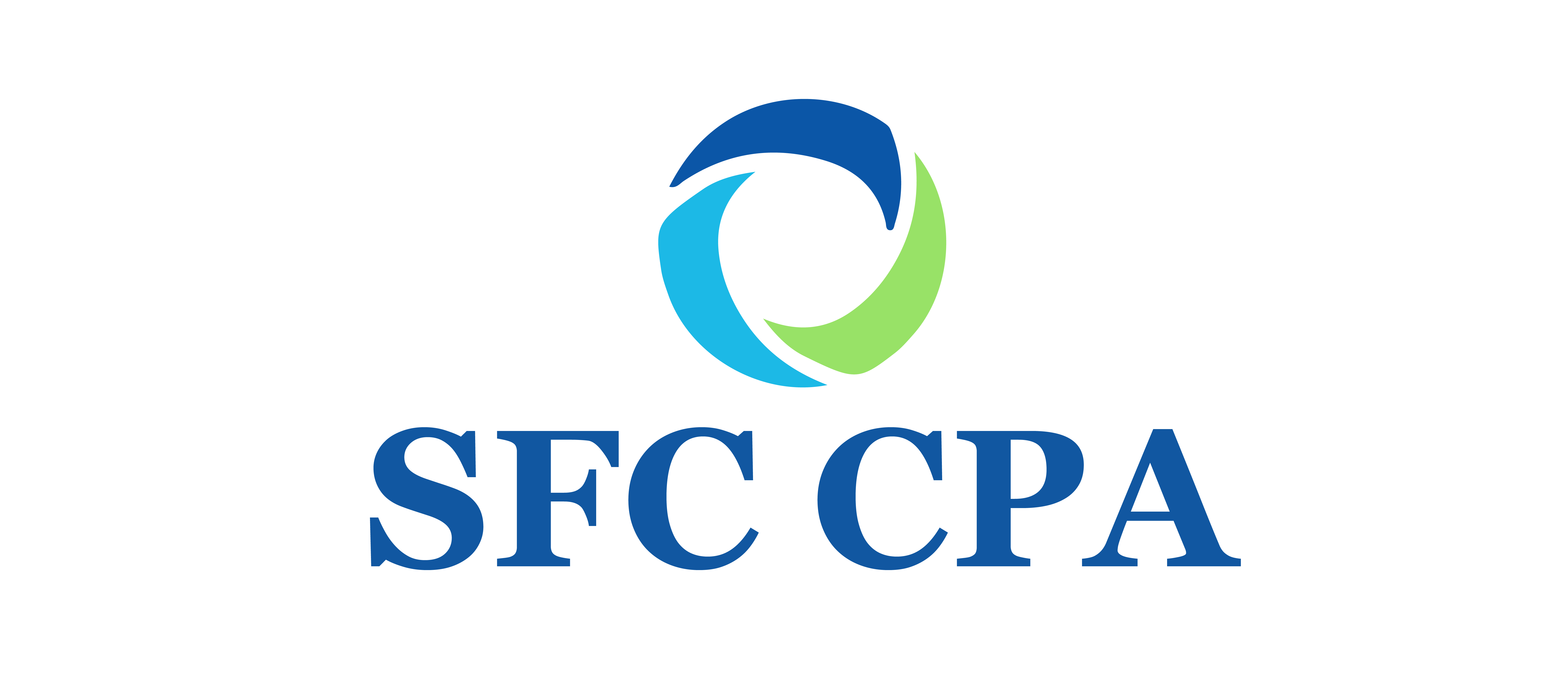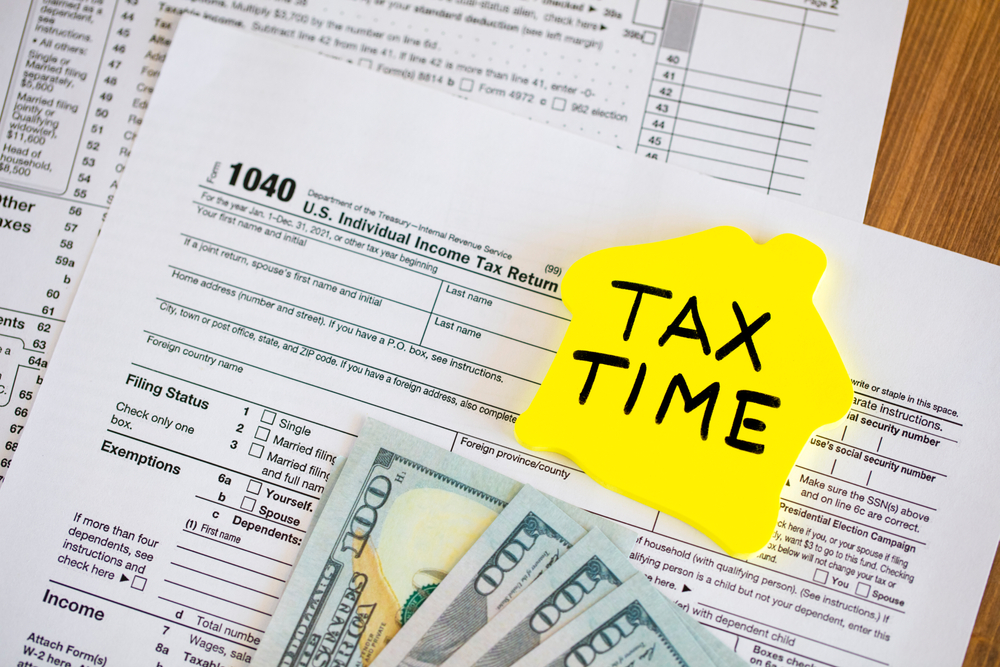Tax season is a period that often brings stress and confusion. Between gathering paperwork, filing on time, and ensuring everything is accurate, it can feel overwhelming if you’re not prepared. The good news is there are practical steps to avoid tax problems during tax season that can make the process smoother. By planning ahead, getting organized, and understanding what you need to do, you can approach tax time with confidence rather than dread.
How To Make Tax Season Easier For You
The foundation for a smooth filing experience lies in preparation. The earlier you start organizing, the easier it will be to manage. One of the biggest mistakes people make is waiting until the deadline approaches to collect forms and receipts. Doing this often leads to mistakes, forgotten details, or last-minute panic. Instead, create a dedicated folder, either physical or digital, where you store all documents you know will be relevant. W-2s, 1099s, bank statements, and deductible expense receipts should all have a place.
Another way to make tax season easier for you is by keeping track of expenses throughout the year. Many people scramble in March or April to recall deductions they might be eligible for, but by then, details can be forgotten. Keeping a simple log or using software that categorizes your expenses ensures nothing slips through the cracks. Technology makes this even simpler. There are plenty of apps that can scan receipts, track mileage, and keep records in one place. Having this system means that when tax time comes, everything is already neatly prepared.
Finally, educate yourself on deadlines and potential credits. Many taxpayers miss out on valuable credits simply because they didn’t know they were eligible. Familiarize yourself with the basics, and don’t hesitate to review updates each year. Tax codes change, and what applied last year may not apply this year.
Should You Really Do Your Taxes Yourself?
One of the biggest decisions individuals face is whether to file taxes independently or hire a professional. On the surface, filing your own taxes may seem cost-effective, especially with the rise of online filing software. However, the choice isn’t always as straightforward as it seems.
If your financial situation is relatively simple, for example, you are a single filer with one W-2 and no dependents, doing your taxes yourself can be straightforward. Software programs are user-friendly and guide you step by step. In these cases, you may not need to spend additional money hiring a professional. The platforms can calculate deductions, check for errors, and even file electronically, making the process accessible to almost anyone.
However, should you really do your taxes yourself if your finances are more complex? If you own a business, freelance, have multiple income sources, or significant investments, then hiring a tax professional is likely the better choice. Professionals not only ensure accuracy but also help identify deductions or credits you might not know about. They can also provide guidance on how to better prepare for the following year, reducing future tax burdens.
Another aspect to consider is peace of mind. For some, even simple returns can feel daunting. If you feel stressed about the process, outsourcing it can be worth the cost. Professionals carry liability for errors, whereas mistakes made on your own fall solely on you. So, while doing it yourself might work for straightforward situations, consulting with an expert can be invaluable for more complex ones.
What They’ll Need Come Tax Time That You Can Prep Now
Organization is the secret to avoiding last-minute panic. Thinking ahead about what they’ll need come tax time that you can prep now will save both time and frustration. The essentials include personal identification documents such as Social Security numbers for yourself, your spouse, and dependents. These basics often get overlooked until the last minute, especially for families with new dependents who may not yet have their paperwork handy.
Income documents are the next major category. Employers typically provide W-2 forms by the end of January, while contractors and freelancers receive 1099s. If you have bank accounts, retirement savings, or investments, statements from these institutions are also essential. Don’t forget about side hustles or gig economy jobs. Even small amounts of income must be reported, and those platforms generally issue statements you’ll need.
Deductions and credits require documentation too. For instance, if you plan to claim education expenses, tuition statements are required. For childcare credits, receipts from providers are necessary. Homeowners need mortgage interest statements, while medical expenses require receipts and billing details. Preparing these documents in advance ensures you won’t be scrambling at the eleventh hour.
Another often overlooked area is charitable donations. Many people give throughout the year but misplace donation receipts. Collecting them in one place throughout the year makes it easy to claim the deduction when filing. The same applies to mileage logs for business or medical purposes. Waiting until April to reconstruct them is rarely accurate, so tracking in real time makes filing easier.
The Benefits To Prepping For Tax Season Now
There are clear benefits to prepping for tax season now rather than waiting until deadlines loom. The first benefit is reduced stress. Tax time is notorious for creating anxiety, but spreading the workload over months eliminates much of the pressure. When April arrives, you’ll feel confident rather than overwhelmed.
Another benefit is accuracy. By preparing documents early, you allow time to double-check for mistakes or missing forms. Rushing at the last minute often leads to errors, which can delay refunds or trigger audits. Having everything ready well before the deadline means you can review carefully and avoid careless mistakes.
Financial benefits also come with early preparation. For example, you may discover opportunities for additional deductions or contributions before the year ends. Certain retirement account contributions can reduce taxable income, but only if you make them before the deadline. By being proactive, you give yourself time to take advantage of such opportunities. Additionally, filing early often leads to receiving refunds sooner, which can improve cash flow.
Prepping also provides you with insight into your financial habits. By organizing income and expenses, you may identify areas to save money or adjust spending. Tax season then becomes not just a filing requirement but also an opportunity to improve overall financial health. This perspective shift transforms taxes from a dreaded obligation into a valuable planning tool.
Steps To Avoid Hassles During Tax Season
There are several steps to avoid hassles during tax season that anyone can take, regardless of their financial situation. First, establish a record-keeping system early in the year. Whether digital or physical, consistency is key. Store all income forms, expense receipts, and important notices in one place. Having them scattered across drawers or email inboxes guarantees frustration later.
Second, maintain a calendar of tax deadlines. Beyond the well-known April filing deadline, there are other important dates such as estimated quarterly payments for self-employed individuals or deadlines for certain retirement contributions. Missing these can result in penalties, so awareness is essential.
Third, consider setting aside money for taxes throughout the year. Many self-employed individuals face large bills at tax time because no employer withholds taxes for them. By saving a portion of each payment received, you reduce the shock of a lump-sum bill. Even those with regular employment may find themselves owing if they have side income or under-withholding. Regularly reviewing pay stubs and adjusting withholdings as needed prevents surprises.
Fourth, review your previous year’s return. Doing so helps you anticipate what forms you’ll need and which deductions you may qualify for again. It also serves as a reminder of areas you may have overlooked, ensuring you don’t repeat mistakes.
Lastly, don’t wait until the last minute to file. Even if you cannot pay in full, filing on time avoids late filing penalties. The IRS offers payment plans, but they are only available to those who have filed. Procrastination not only increases stress but can also lead to unnecessary costs.
Conclusion
Tax season doesn’t have to be a time of confusion and frustration. By adopting steps to avoid hassles during tax season, anyone can transform it into a more manageable experience. From early preparation and thoughtful organization to deciding whether to file independently or with professional help, the choices you make now have lasting benefits. Knowing what they’ll need come tax time that you can prep now provides clarity and peace of mind. The benefits to prepping for tax season now extend beyond filing; they improve financial awareness and reduce stress. Whether your return is simple or complex, approaching taxes with preparation and foresight ensures that when April arrives, you’ll be ready, confident, and perhaps even a little relieved.

